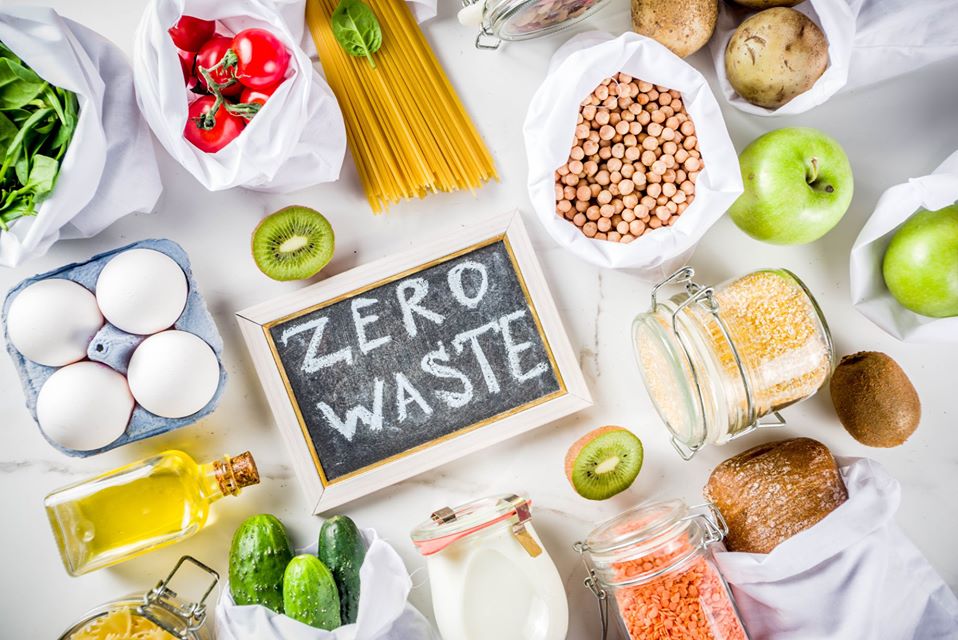This April 22 marks the 51st anniversary of Earth Day, which was first celebrated in 1970 to raise awareness about environmental issues. Since its founding, people around the globe have honored the Earth and supported environmental initiatives on this day. But we shouldn’t wait for Earth Day to start being conscious of our impact on the planet. There are a huge range of little things that everyone can implement into their daily lives and travel routines to start making a positive difference.
Here are some simple going green tips for those wanting to make a difference, both at home and abroad.
Travel Responsibly
- When you book a flight, tour or accommodation, question whether (and how) the company supports sustainable travel.
- Use local transports (trains/busses) for short intra-city travel instead of flights to reduce the impact of carbon emissions.
- Explore the hidden gems and unexplored destinations to contribute to their local economy
- Wherever possible choose an eco-friendly hotel or resort that prides itself on using alternative energy sources, hiring local employees and using locally sourced products, offering recycling options and giving back to the local community.
- Make sure to turn off the lights, heating unit/AC and television when you leave your hotel room.
- Leave the “Do Not Disturb” sign on the door to stop housekeeping from cleaning your room every day. The cleaning supplies and electricity of vacuuming and washing bed linens you save adds up. This also means you will end up re-using your towels for a couple of days, just as you would at home!
- Travel with a tote, which allows you to shop but avoid accepting plastic bags.

Water and Energy Conservation
- When traveling, simply turn off water while shaving or shampooing to conserve water. Ofcourse do the same at home too.
- Washing machines and Dishwashers consume large amounts of energy and water, so reduce their usage as much as possible by running them with completely full loads.
Kitchen & Dining
- Livestock is a top contributor of greenhouse gases. Consider prioritizing more vegetarian meals into your diet. Reducing the amount of meat you consume has significant environmental benefits.
- Eat organic foods. Plant a sustainable garden and consider buying your seeds from local family owned businesses that offer organic options.
- Plan your meals. Make a shopping list and avoid succumbing to marketing gimmicks or impulse buying especially when it comes to perishable goods.
- Understand Expiry Dates: “Sell-by” and “use-by” dates do not always indicate safety, except on certain baby foods. Rather, they are manufacturer suggestions for peak quality. Most foods can be safely consumed well after their use-by dates.
- Freezer is your Best Friend. Frozen foods remain safe indefinitely. Freeze fresh produce and leftovers if you won’t have the chance to eat them before they go bad.
- Don’t over order. Restaurants will often provide half-portions upon request at reduced prices. Also ask your restaurant to pack up your extras so you can eat them later. Freeze them if you don’t want to eat immediately.
- Composting food scraps can reduce their climate impact while also recycling their nutrients.

Earth Day is a great way for all of us to be more mindful of how our everyday lives affect the planet and what we can do (big or small) to ensure we are helping create a cleaner, more sustainable planet — not just for ourselves, but for future generations. Let’s do our bit to protect our planet!
For latest travel news and updates, food and drink journeys, restaurant features, and more, like us on Facebook or follow us on Instagram. Read more on Travel and Food Network
Trending Now : TFN 2021 Guides
A Week Along The Mesmerizing Amalfi Coast | Travel Guide 2021
48 Hours In Prague And 10 Tips To Make The Most Of It | 2021 Travel Guide


















